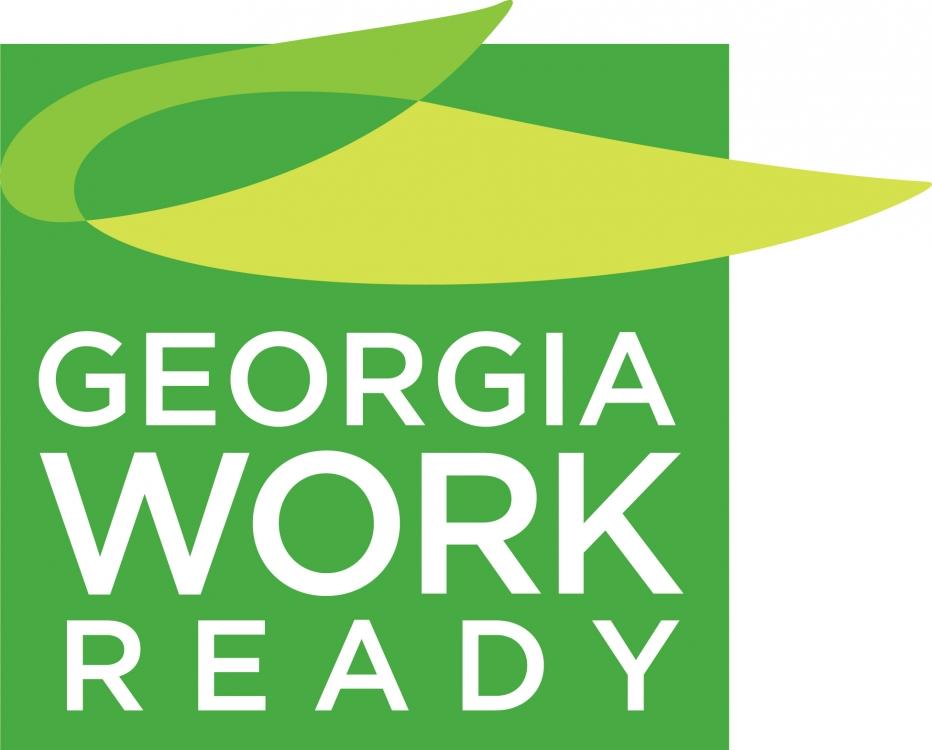
Section Branding
Header Content
Building a Brighter Future Through Workforce Readiness
Primary Content

Estimates suggest that by the year 2020, 60% of all Georgia jobs will require a college degree or certification. Today, only 42% of Georgia’s workforce meets these qualifications. Perhaps more sobering is the fact that only 17 out of 100 Georgia public school 9th-graders will graduate on time from a two- or four-year college or university, according to data from the National Center for Higher Education Management Systems.
These numbers are a call to action for educators and economic development professionals.
The University of North Georgia, in conjunction with the Complete College Georgia plan, recently created the Regional Economic and Educational Development (REED) task force. The group’s mission is to increase the number of adults prepared to meet the qualifications required by employers.
"It is vitally important that our regional education and community leaders work in partnership to identify the needs of our region and the resources necessary to achieve our goals," UNG President Bonita Jacobs said. "The North Georgia Regional Education and Economic Development (REED) Task Force is a collaborative effort to identify educational opportunities for producing a workforce that is responsive to the needs of the region. "REED Task Force members include a sampling of college presidents, county and city development authority members, county commissioners, mayors, agency directors and others."
According to a report at GainesvilleTimes.com, a recent summit of the REED task force identified workforce readiness, access to education, and partnerships and collaborations as the key ideas to success.
They are looking for “game changers,” as Janet Marling, executive director of the National Institute for the Study of Transfer Students, put it. Marling has taken on a leadership role with REED. “We really feel that by having these game changers, it’s really allowing us to do things in a way that’s really utilizing our resources wisely,” Marling said.. “(And) spending time in a way that’s producing outcomes that are useful to our citizenry.”
Hall County School Superintendent Will Schofield said he often speaks with area business leaders about the quality they most desire in new employees. Time and again, he said, they reply they need “innovators, entrepreneurs and creators.” “What employers and what people who are in those agencies need today is somebody who can come into the business, come into the nonprofit, come into the governmental agency, take a look at what’s around them and make it more,” Schofield said.
The Georgia College Access Grant assists in meeting the goals of the REED task force and other stakeholders working to meet Georgia’s work readiness goals.
With more than $18 million in federal and state grants since 2008, the program has three stated goals:
- To increase the number of underrepresented students who graduate from Georgia high schools academically ready, informed about, supported for, and motivated for postsecondary education
- To increase the number of underrepresented students graduating from Georgia high schools who successfully transition into, persist in, and complete postsecondary education
- To increase the college degree attainment of low-income adults who have some college credit but have not been enrolled in the past year and have not attained a degree






